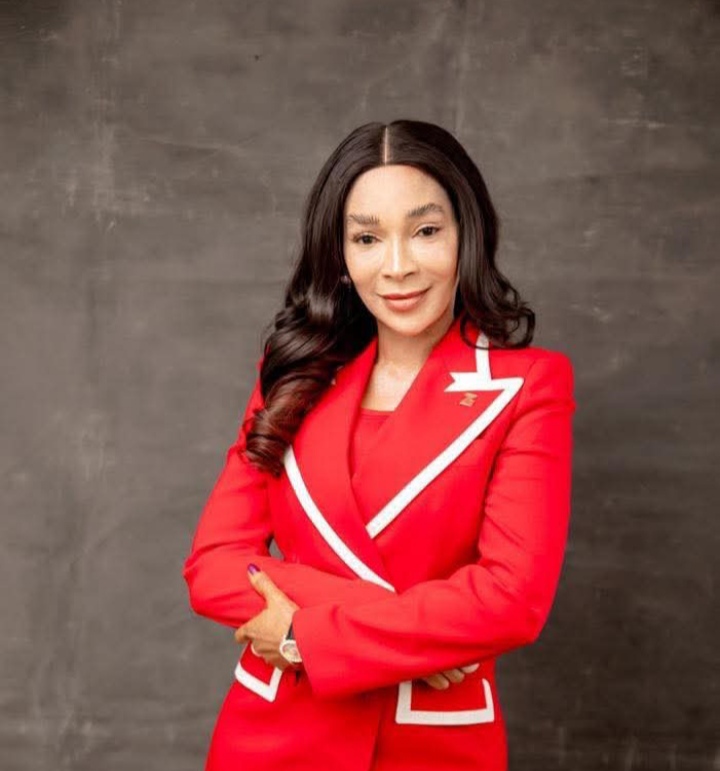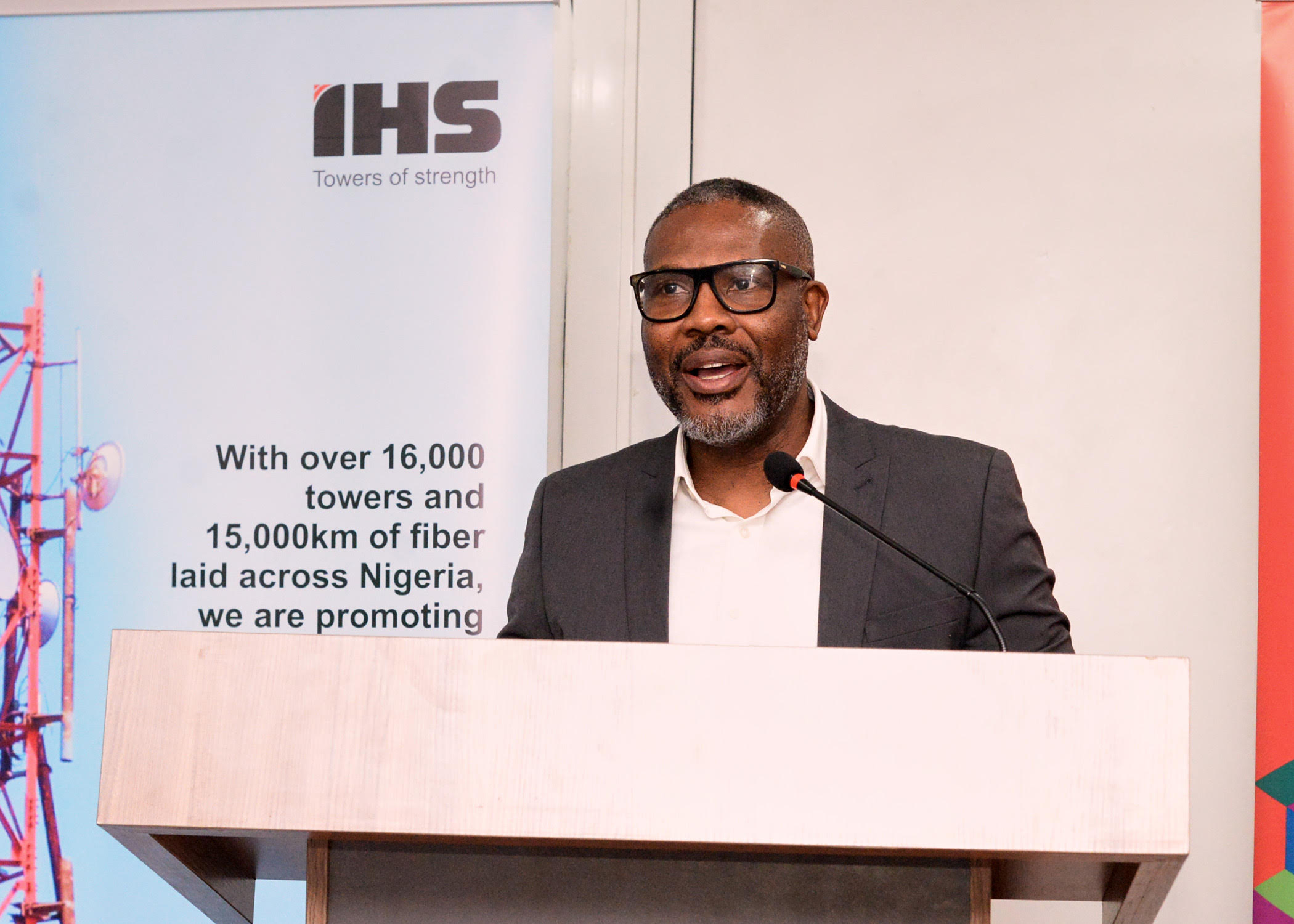Every border community in the world experiences migration, intermarriage, and cultural exchange with its neighbors. This phenomenon is not unique to the Igbos of Delta State.
Take, for example, Strasbourg. Many assume it is in Germany because of its German-sounding name, but it is actually in France, close to the German border. In Ondo State, Nigeria, a similar mix exists with the Ijaws. Omoyele Sowore of Sahara Reporters, for instance, is Ijaw but from Ondo State, as Ondo shares boundaries with Ijaw communities. Along the Shagamu-Benin Expressway, the last town in Ondo State is Ofosu, while the first town in Edo State is Ohosu, showcasing the similarity in names due to their proximity.
This same blend is observed between Anambra and Kogi States. In 2018, Governor Obiano of Anambra State appointed an Igala man, Bonaventure Enemali, as a commissioner. Enemali hails from Nzam in Anambra, a region near the Kogi boundary where indigenous Igbos also reside.
Similarly, in the Kwara/Kogi area, the Okun-Yoruba people exhibit this cultural and linguistic mix. Enugu and Ebonyi States share boundaries with Benue, while Ebonyi also borders Cross River. The influences are evident in their languages, names, and traditions.
In Abia State, towns like Abiriba, Ohafia, Arochukwu, and Bende, which are close to Akwa Ibom and Cross River, exhibit similarities in names, traditions, and attire. The traditional ruler of Abiriba is called Enachioken, and it is common to see Abia natives with names like Etim, Mang, Ekpo, and Ojo.
Given these widespread examples, I don’t see why the Igbos of Delta and Rivers States are often singled out for scrutiny when similar scenarios among the Yorubas in Kogi/Kwara or the Ijaws in Ondo are not questioned.
It is undeniable that the Igbos in Delta and Edo States, situated at the frontiers of Igboland, have experienced migration and influences from neighboring Edo and Igala communities. However, it becomes problematic when these migrations are overemphasized at the expense of acknowledging the indigenous people who were present before these migrations occurred.
The Benin and Igala kingdoms were known for their powerful kings and territorial expansion through conquest—something the Igbos historically did not pursue. The River Niger further separated the Igbos of the Southeast from those in Delta and Edo States.
If the Igbos did not conquer the towns in Delta and Edo States, and if they were geographically distant, separated by the largest river in West Africa, it is difficult to explain the dominance of Igbo language, names, traditions, and practices in present-day Delta and Edo States.
The most plausible explanation is that Eze Chime was an Igbo man who migrated from the Igbo heartland to Benin, possibly due to his reputation as a great medicine man, before eventually settling in present-day Delta State.
While the exact events of 500 years ago are unclear, certain logical conclusions can be drawn:
1. Language typically does not change fundamentally except through conquest or other forceful means.
2. The adoption of the Igbo four market days—Eke, Orie, Afọ, and Nkwọ—across Delta and Edo Igbo towns could not have occurred without significant indigenous influence.
3. The Igbo obi/obu/diokpa (dị ọkpara) system of leadership could not have been implemented without the pre-existing presence of Igbo people.
4. Eze Chime, said to be a Benin prince, would not have abandoned his language merely by moving some distance from Benin. If he were truly of Benin origin, what happened to traditional Benin names like Ewuare, Eweka, Akenzua, and Esigie?
5. Eze Chime bearing an Igbo name and taking on an Igbo ọzọ title would be illogical if he were of Benin origin.
6. The most plausible explanation is that Eze Chime was an Igbo man who migrated from the Igbo heartland to Benin, possibly due to his reputation as a great medicine man, before eventually settling in present-day Delta State.
7. The same reasoning applies to Akalaka, the progenitor of the Ikwerre people of Rivers State. A Benin prince named Akalaka (meaning “destiny” in Igbo) would not have lost his language, traditions, or practices without significant interaction with an Igbo-majority population.
8. If these men were truly of Benin origin, the only logical reason for their loss of language, traditions, and practices would be that they settled in areas already populated by Igbos. Minorities do not typically dominate majorities without conquest.
9. The Arogbo Ijaws and the Western Apoi tribe of the Ijaw people in Ondo State have not lost their language, names, or traditions despite living in a non-Ijaw region. Similarly, the Dutch who settled in South Africa, the English in the USA, Canada, Australia, and Ireland, and the Yorubas in Brazil have retained their languages and traditions despite migrations. It is therefore unlikely that Benin princes would lose their identity without significant external influence.
In summary, while the Igbos of Delta, Edo, Benue, Rivers, Nsukka, Abakaliki, Arochukwu, and Abiriba may have absorbed migrants from neighboring non-Igbo communities, their fundamentally Igbo language, traditions, names, and religion suggest that these areas were originally Igbo.
This, however, does not imply that individuals cannot choose their preferred identities. For instance, actress Stella Damasus from Delta State mentioned that her family’s surname was originally Ojukwu, but due to oppression during the civil war, they changed it to Damasus.
Thank you.
© Azuka Onwuka
It is undeniable that the Igbos in Delta and Edo States, situated at the frontiers of Igboland, have experienced migration and influences from neighboring Edo and Igala communities. However, it becomes problematic when these migrations are overemphasized at the expense of acknowledging the indigenous people who were present before these migrations occurred.
















